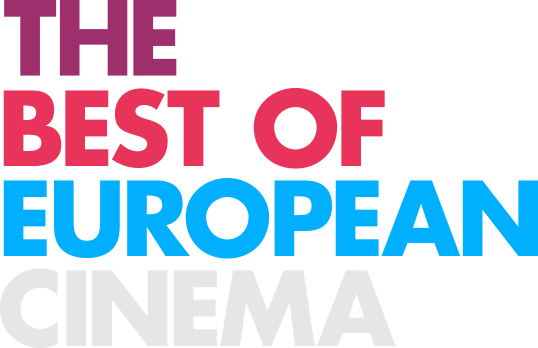Future Frames 2017 Interview: Giorgi Mukhadze (Director of Waiting For Ana)
A student at the Shota Rustaveli Theater and Film School at Georgia State University, Georgian born Giorgi Mukhadze will present the International Premiere of Waiting For Ana at the upcoming edition of European Film Promotion’s Future Frames taking place at Karlovy Vary. The film is a tender portrayal of two siblings set amongst a backdrop of grief and loss. You can read a review of the film HERE.
Cineuropa Shorts caught up with Mukhadze to ask him a little bit more about the film
Cineuropa Shorts: Can you tell us a little bit more about yourself and your background
Giorgi Mukhadze: I was born in a wartime period, after the collapse of Soviet Union and as I was growing the life was changing rapidly: the country, the mentality. I can never forget how incredibly it influenced me. You could see and touch the transformation that people and myself were going through. In the same period of time, in the 2000s there were few cinemas but there was a TV show for cinephiles and this is how it started for me. I already knew that I was going to be a director.
CS: For me, Waiting For Ana is moving examination of loss and grief. What sparked you into exploring that subject in the first place?
GM: I would say that this was not the subject in the first place for me. The film is about a brother and a sister that have lost a common language as the sister was away for years and when she is back they can’t find the time alone to reconnect. The image of people disturbing them is more than grounded in some sort of reality. I would say that disrespect and even the lack of private space and borders is a phenomenon in Georgia. I reflect on it a lot. The death in the film is just a background.
CS: With such an intimate tale, casting is key. How did you go about finding your two leads to play Anna and Niko?
GM: I knew the actors before, we are friends and when I was writing the script I could already feel that they have the energy I needed for the characters.
CS: How many days did you shoot for? Was there much rehearsing beforehand?
GM: The shooting lasted for 4 days though we lived in the location flat for a month, together with the cinematographer. Considering the actors, we had a long discussion, talking through all the details and watched some parts of other films. I find it very important to make actors feel and realise what are we actually doing together. I believe that we shouldn’t forget that the actors are the ones who play and that is why we make decisions together. I never want to be a director who is giving commands and ignoring the crew.
CS: What does being accepted into Future Frames mean to you? What do you hope to get out of going to Karlovy Vary?
GM: Being chosen and accepted to the Future Frames is a big privilege and I am very appreciative. My first diploma film will have its audience and I really hope that meeting fellow film professionals will help my upcoming projects.
CS: You’re working on your debut feature. Can you tell us a little bit more about it?.
GM: I have started my work with a screenwriter. It is the story of a 16 year-old-boy from Tbilisi who is confronting a world of brutal machismo and perverted sexuality. An ordinary boy turns into a monster. I hope I can start filming soon.
30 June 2017, by Laurence Boyce






